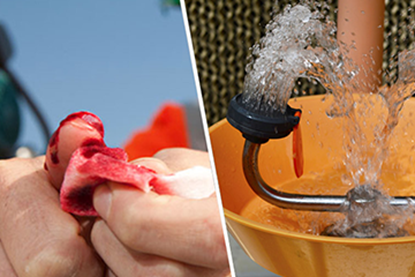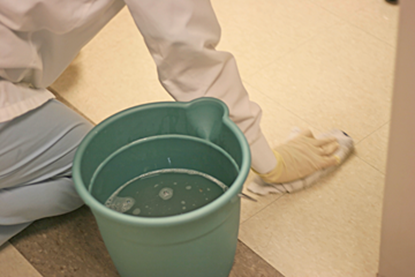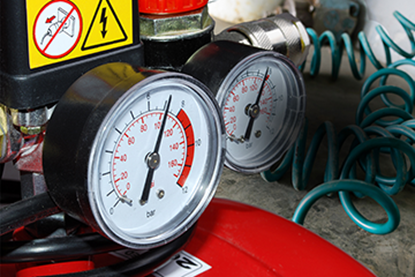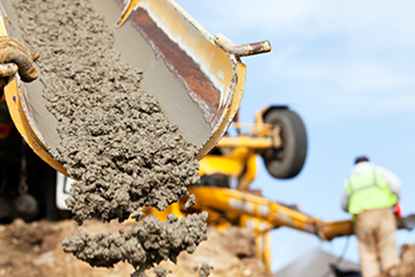You have no items in your shopping cart.
Awareness Courses
Occupational accidents and work-related diseases cost billions of dollars in lost productivity every year. If your employees face workplace hazards, you need to know the risks. UL EHSS has the training content you need to keep workers healthy, safe, and on-the-job.
Our Awareness modules are 15-20 minute overviews of each topic.
Bloodborne Pathogens Awareness
Contact with blood or other infectious materials puts you at risk for contracting potentially deadly, incurable diseases. Take this course to learn what bloodborne pathogens are, the risk they present, and general steps you should take to ensure your protection after potential exposure. This course is not intended to teach universal precautions. You need additional information, vaccinations/immunizations, and PPE to provide first aid or handle/clean up BBP and OPIM. Ideal learners include all workers.
$29.95
Cannabis Awareness
Are the effects of cannabis different than other controlled substances? What do I need to know about cannabis as it relates to workplace safety? Take this course to learn the answers to these and other questions you may have about cannabis. We will talk about the properties of cannabis, its effects and strategies you can use at your workplace to keep everyone safe. This course is ideal for all learners.
$29.95
Chemical Facility Security Awareness Training (US)
What would happen if criminals or terrorists got their hands on potentially dangerous chemicals at your facility? What if they planted a bomb at your workplace? No one wants to experience the answers to these questions. Take this course to find out what you need to watch out for and what to do if you discover a security threat. Ideal learners are workers and managers in any facilities that use bulk quantities of highly hazardous chemicals.
$29.95
Chlorine Awareness
Chlorine has a huge variety of uses. Its chemical properties make it an extremely effective disinfectant and an essential component in the chemical manufacture of literally thousands of vital products used every day. However, there are some hazards associated with chlorine and you need to know about them and how to protect yourself against them. This course presents information about the hazards of chlorine and how to handle it safely.
$29.95
Compressed Air Safety Awareness
On its own, air is not necessarily dangerous. However, compressing air creates hazards like noise, flying objects and static electricity. Take this course to review the hazards associated with compressed air and what you can do to avoid them. This course is ideal for people who use pneumatic tools or supervise those who do.
$29.95
Concrete and Masonry Awareness
In the construction industry, many accidents, injuries and even fatalities result from formwork collapse and bracing failure during concrete and masonry construction. These incidents are preventable. Take this course to learn how to remain safe during concrete and masonry construction. This course is ideal for all construction workers.
$29.95






